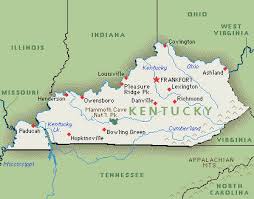
I applaud Texas for standing up to fight the cap-and-trade approach - I'm hoping Ohio will do the same!
Please click here to be taken to the Wall Street Journal to read the entire article.
By RUSSELL GOLD and ANGEL GONZALEZ
Texas elected officials Tuesday railed against federal efforts to curb global warming, claiming it would throttle the state's economy -- one of the few that generated job growth last year.
State comptroller Susan Combs said that if passed, a landmark climate change bill winding its way through Congress could cost the state 164,000 jobs and shave some $25 billion per year, or 2%, off the state's total economic output.
"Texas is the kitchen of the country. We cook up all of the products that are used elsewhere," said Ms. Combs, a Republican, referring to the state's large petrochemical and plastics industry. "The recipe for disaster is being cooked up in Washington D.C.," she added.
"I happen to think that what they are discussing could wreck our traditional energy industry and put a very serious dent in our economy," said Mr. Perry. He repeated his view that the proposed provisions that recently passed out of committee in the House of Representatives amounted to the largest tax increase in history. The provisions would put a limit on emissions of the gasses blamed for climate change and require companies to pay for permits to pollute. As a result, "Every American that uses any source of energy would see their bills go up," he said.
The impact would be felt acutely in Texas, home to a giant refining complex. Refineries under the legislation would be forced to purchase emissions permits, driving up the cost of producing fuel. It is also home to the corporate headquarters of the world's largest oil company, Exxon Mobil Corp., and the largest refining company based on refining capacity, Valero Energy Corp., as well as another major oil company, ConocoPhillips.
Ms. Hutchison, however, also stands against a carbon cap-and-trade system. "A cap and trade approach to address climate change is onerous and misguided, and it will raise energy prices for consumers and adversely impact workers and small businesses during a time of economic hardship," she said Tuesday in a statement.


